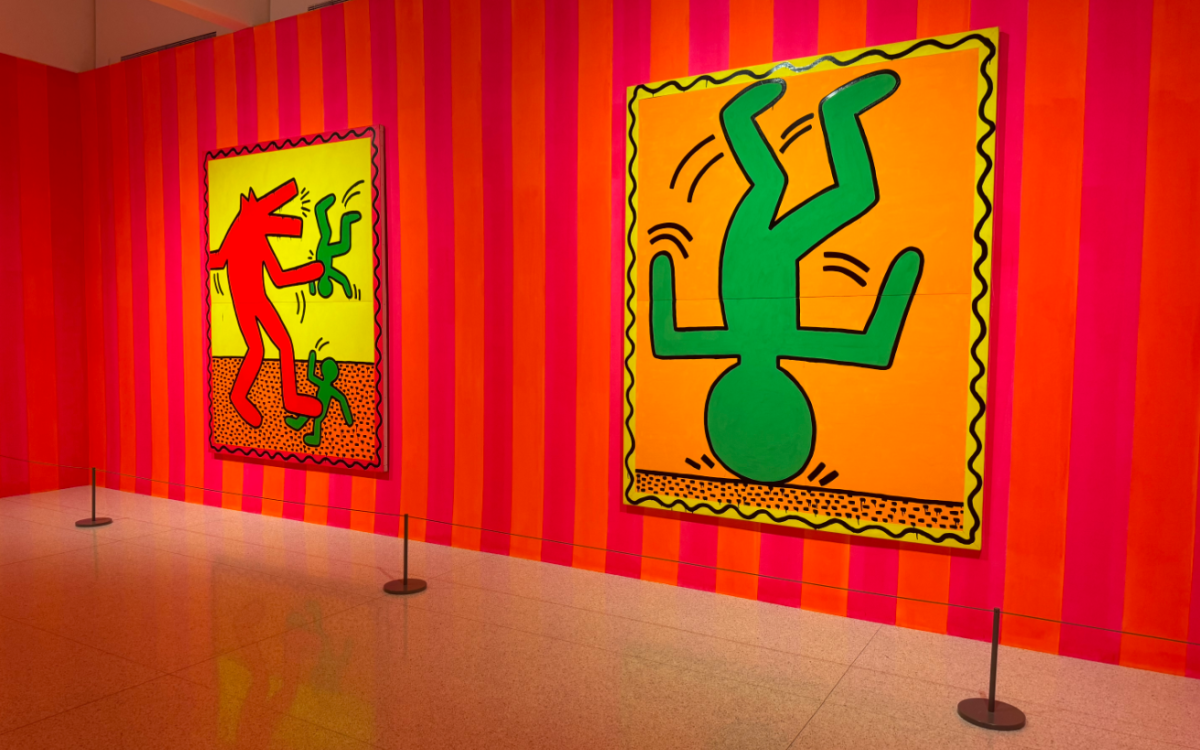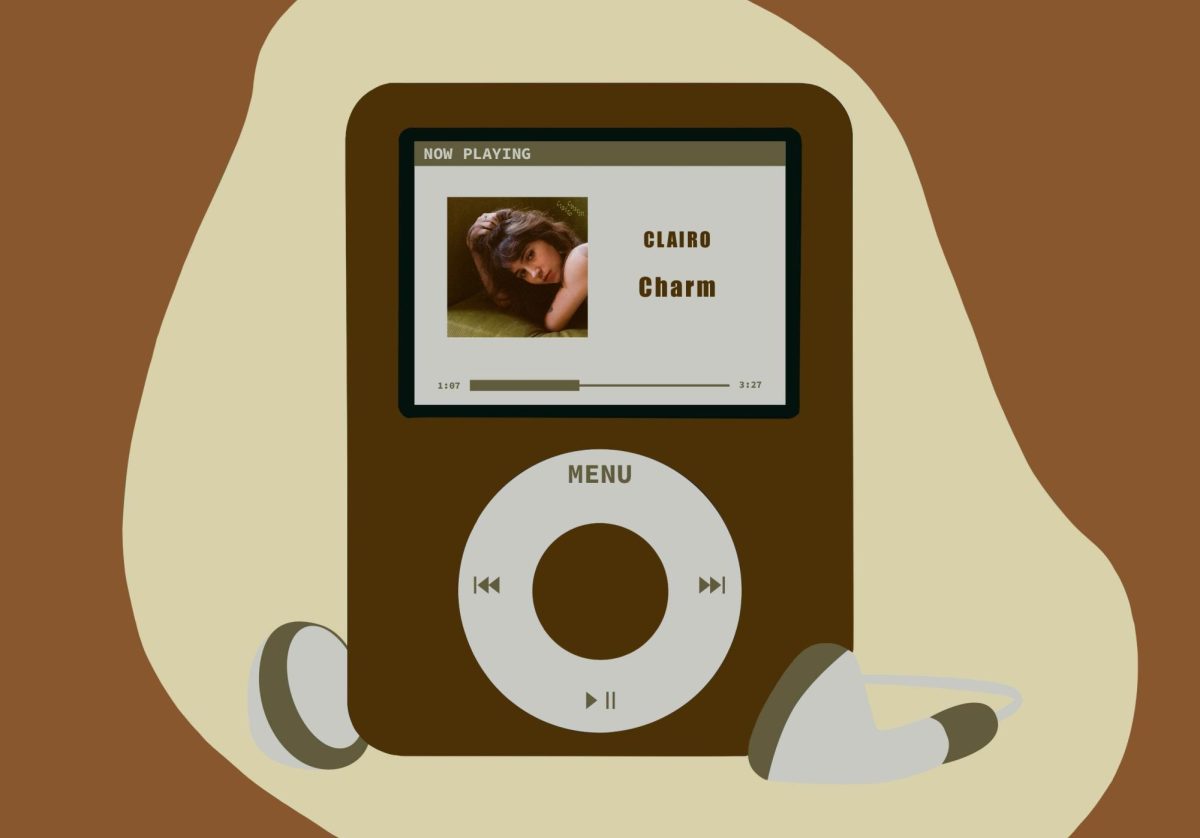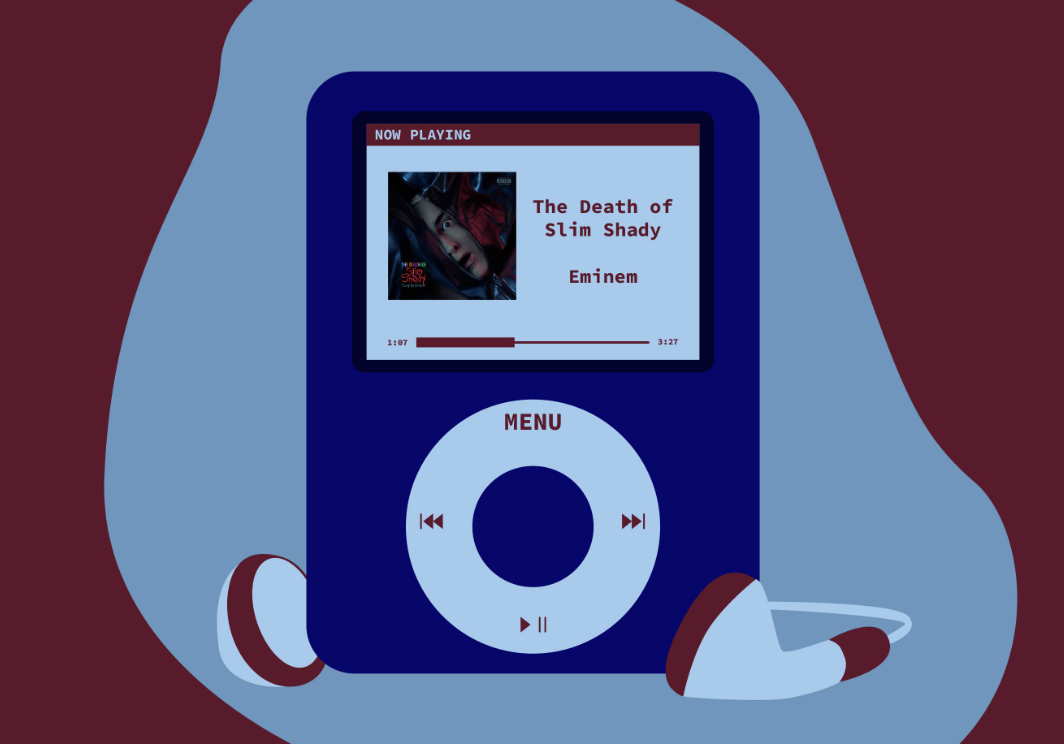Flipping through the first pages of “Not a Lot of Reasons to Sing, But Enough” opens the door to a futuristic civilization of humans and robots living side-by-side, their days spent existing on the moon after being exiled from the blue and green planet circulating around them — their memories erased and their future uncertain.
Kyle Tran Myhre’s newest book of sci-fi flavored poetry experiments with the importance of art and resistance in an authoritarian society. The book, released March 1 by Minneapolis-based Button Poetry, follows Gyre and Nar’ryzar “Nary” Crumbeaux, one robot and one human, as they travel through the new civilizations and systematic troubles developing across their new home.
Organized in a combination of poems, scripts, lyrics and illustrations by Casper Pham, the book creates a maze of images and moments that make the text feel as if memories are being glued to a page rather than following along a narrow plotline. Each surrealistically sketched illustration is paired with a line from the corresponding text, quotes that mirror the messages passing through each story and poem. “Always breaking, never broken.” “If we are to survive, I think it’ll be through this continuing process of remembering things that don’t exist yet.” Like finding a journal on the side of the road, “Not a Lot of Reasons to Sing, But Enough” shadows themes that question community safety, social justice and public health in an overtly personal and real context.
Myhre, also known as Guante, is a poet, educator, social activist and musician with roots in Minneapolis. He studied his spoken word, critical pedagogy and social injustice education-focused master’s degree at the University of Minnesota and grew into a creative known worldwide. He has performed at the United Nations, has given a Tedx Talk on art and activism and has been a part of two National Poetry Slam championship teams. The themes developed throughout his newest work mirror the communal hardships and injustices that cloud the Twin Cities community, and with his prolific storytelling and ambiguous character choices, Myhre’s connection to Minneapolis shines through his writing.
As Gyre and Nary continue along their journey, there are few conclusive facts about the companions other than that they both professionally write and care about poetry. In several instances, Nary is welcomed to panel discussions about the importance of poetry; panels that Gyre was originally invited to but did not want to attend. He chats with students about the importance of poetry in classroom settings and attends open mics that focus on spoken word. Gyre includes entries that explain his understanding of poetry, human life and war, but never formally names himself. The book’s scenes drift between themes of art, war and change, all equally as ambiguous — sometimes described by an unnamed narrator and sometimes coming from one of the two vaguely protagonistic characters.
There is no explanation of why Nary and Gyre are traveling together, how they know each other or why they are traveling in the first place — but those unknowns create the power behind the words in this piece. There is no storyline, no sense of time and very few characters; yet the reader finishes the piece with a new understanding of some of the most prominent troubles circulating life outside of the book’s pages.
Themes of the books pages wander from stigmas around masculinity and emotion in “Loud, Wrong Answers to a Question Nobody Asked,” to dealing with public health and disease concerns in “Ten Responses to the Proposal to Overcome the Current Plague by Challenging to a Duel,” police enforcement and the role it plays in society in “Hen March Outlaws Cops,” and the idea of “good” and “bad” apples in professional settings in “Good Apples.”
“Not a Lot of Reasons to Sing, But Enough” rearticulates pieces of our society that are accepted and when they should be questioned. This book leaves the reader with new ideas not only able to influence change for the wellbeing of our future society, but that can fill the gaps existing today.




























